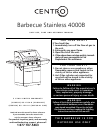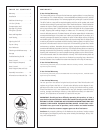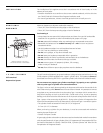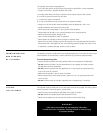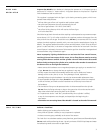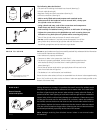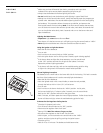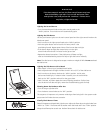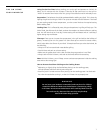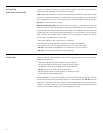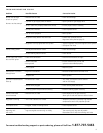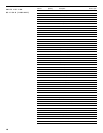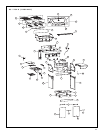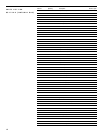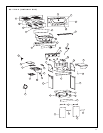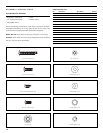Special offers from our partners!

Find Replacement BBQ Parts for 20,308 Models. Repair your BBQ today.
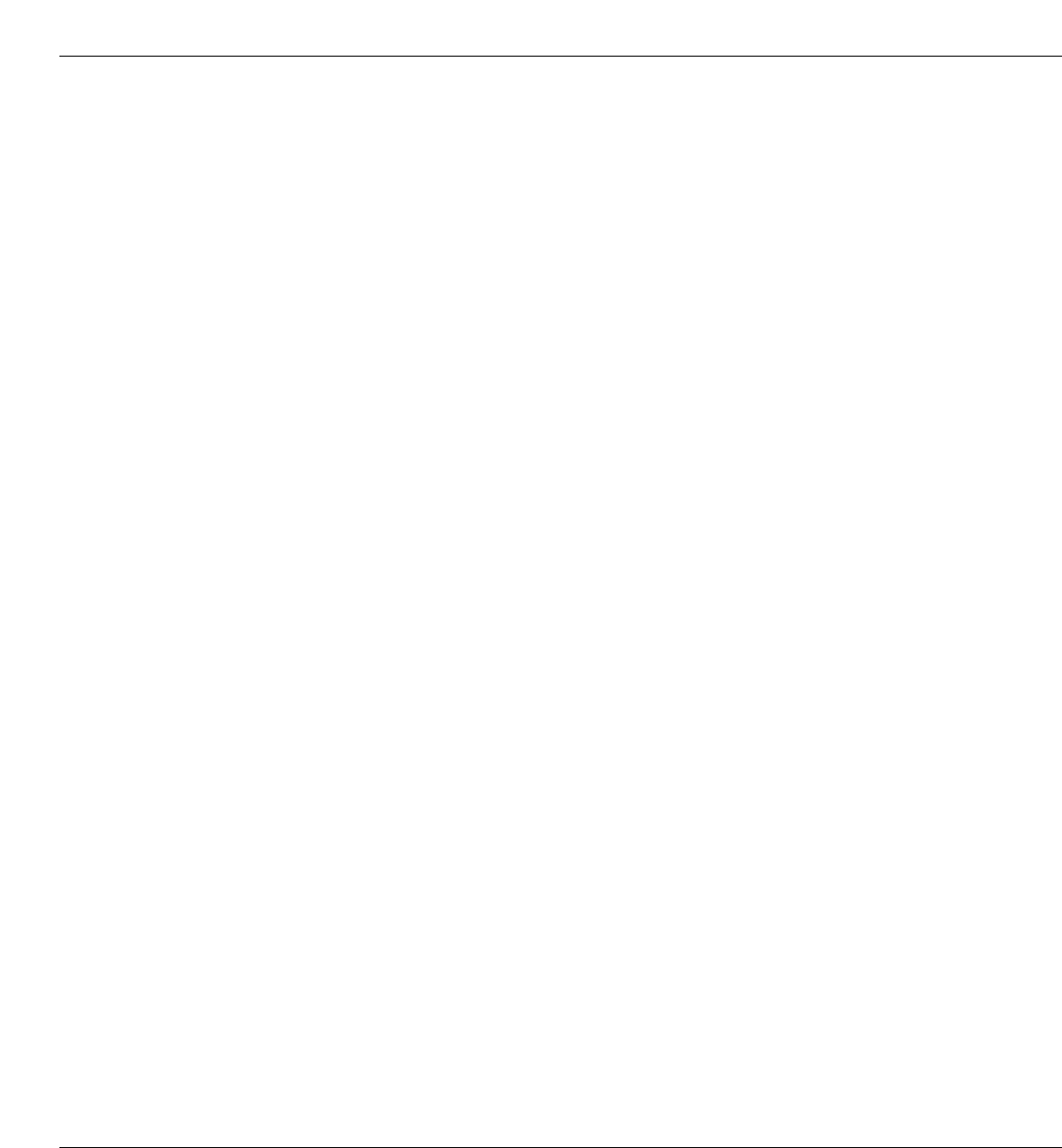
3
HOSE AND
REGULATOR
Propane Gas Models: Your barbecue is designed to operate on L.P. (Propane) gas at a
pressure of 2.74 Kpa (11˝ water column). A regulator preset to this pressure is supplied
with the barbecue and must be used.
This regulator is equipped with the Type-1 quick-closing connecting system, which incor-
porates these safety features:
•
Will not allow gas to flow until a positive seal has been made.
•
Has a thermal component that will automatically shut off
the flow of gas between 115–150ºC (240–300ºF).
•
Has a flow limiting feature, which will restrict the flow of gas
to 10 cubic feet/hour.
Should the large, black thermal-sensitive coupling nut be exposed to any extreme temper-
atures above 115ºC it will soften and allow the regulator probe to disengage from the
valve, and will shut off the gas. Should this occur, do not try to reconnect the nut; instead
replace the whole regulator assembly with a new one (see the attached parts listing for
details). The regulator probe also contains a flow-sensitive feature, which limits the flow of
gas to 10 cubic feet/hour, in the event of a regulator malfunction or hose leak. If the flow
control feature is activated, the cause of this excessive gas flow should be investigated and
corrected before using the barbecue again.
Note: Improperly lighting the barbecue can activate the flow control feature,
resulting in lower heat output. If this occurs, the re-flow feature must be reset by
turning all the burner controls and the cylinder valve off. Wait at least 30 seconds
before slowly turning on the cylinder valve, and then after another 5 seconds turn
the burner valve on and light the barbecue.
•
Never connect this barbecue to an unregulated propane gas supply, or to another kind
of gas. Do not alter or change the hose or regulator in any way.
•
Visually inspect the whole hose assembly before each use for evidence of wear or
damage such as cracks, burns, or cuts. If any damage is found, replace the
assembly before using the barbecue. Use only the recommended replacement hose.
•
To avoid possible damage to the hose, do not allow any grease or other hot materials
to fall on the hose, and make sure the hose does not contact any hot surfaces of
the barbecue.
•
The connection fitting must be protected when it’s disconnected from the cylinder.
Do not allow the fitting to bump or drag on the ground as nicks and scratches could
help create a leak when connecting back to the cylinder.
•
It is important to do the “Leak Test” procedure every time a cylinder is refilled,
or any of the components are changed, and especially at the beginning of a
new season.
•
Information on connecting Natural Gas Models is located at the end of the manual.
LEAK TESTING Perform a “Leak Test”
•
Before lighting your barbecue for the first time.
•
Every time the cylinder is refilled, or any component is replaced.
•
At least once every year, preferably at the start of the season.
The “Leak Test” must be done outdoors, away from heat, open flames and flammable liquids.
Do not smoke while performing the test. Use only a mixture of 50/50 liquid soap and water
for leak testing. Never use a match or open flame.



